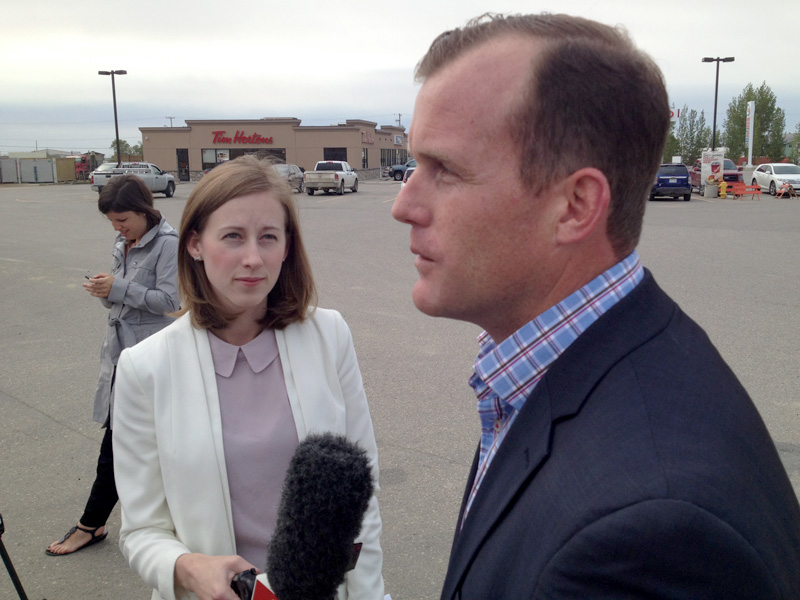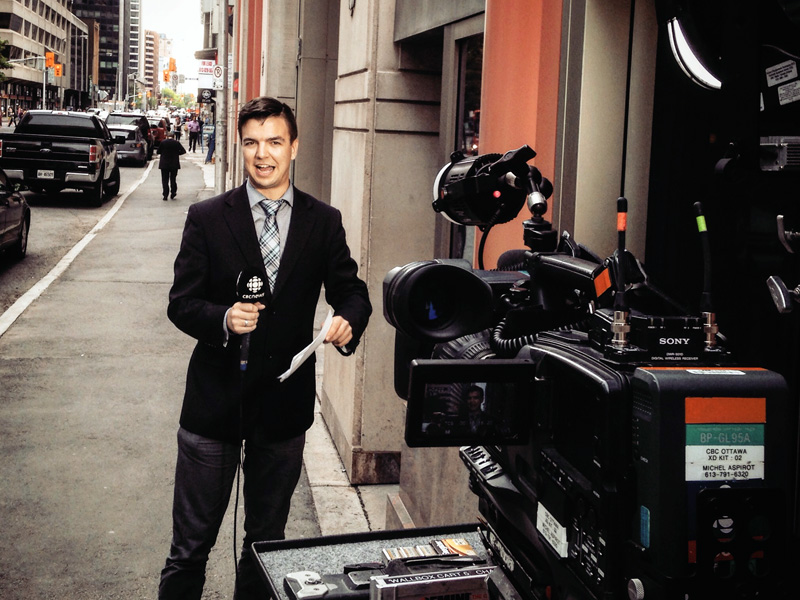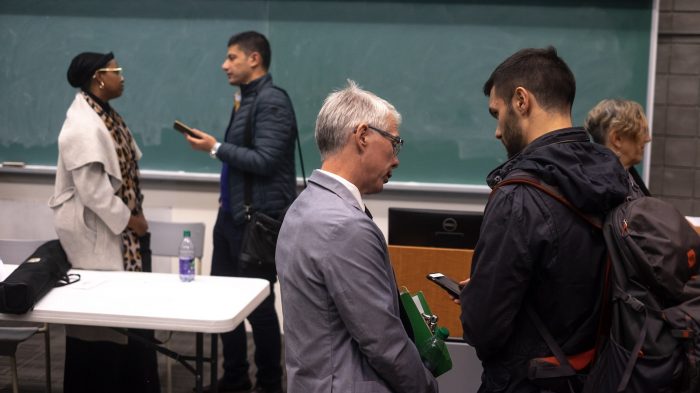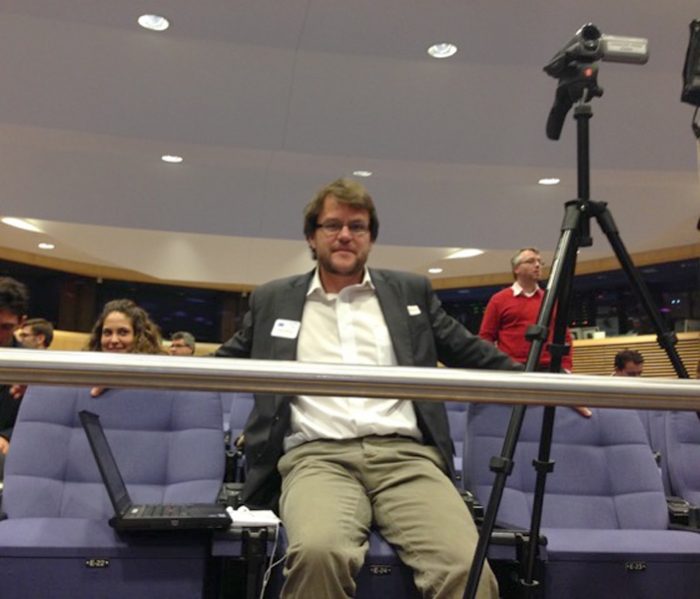MJ Program Information
The path you’ll follow in our program depends on the experience you bring to your studies. So will the course options you choose. Check the Graduate Calendar for details about which path applies to you.
VIEW OUR PROGRAM PAGE
What You’ll Get At Carleton (Two-year program)
Be prepared for an intense experience. You’ll begin by learning the core skills of modern journalism in a newsroom setting.
Great Instruction
Your professors will give you the instruction necessary to put you on the streets or in the corridors of power right away, making contacts and applying your newly acquired skills.
They’re experienced journalists, many of them award-winners, who will teach you the skills modern reporters use in their jobs every day.
Great Jobs
Before long, you’ll have what it takes to do your first professional placement through our apprenticeships program.
The placements are with media organizations from coast to coast.
By summer, you can be working your journalism across Canada and the world, for employers large or small, or as a freelancer producing independent projects.
Great Journalism
By your second year, you’ll be ready to deepen your knowledge and experience in the media of your choice: digital, video, audio, and print.
Your capstone project will be a substantial work of journalism on a topic and in the medium of your choice.
Great Thinking
That’s not all. You’ll also have courses in media law, professional issues and media studies.
They’ll enable you to operate in the complex legal and ethical environment of modern journalism and to think critically about the role you’ll play as a member of the media.
What You’ll Do At Carleton (Advanced standing)
If you are an experienced journalist, or already have a journalistic education as an undergraduate, we can tailor a course of study just for you.
Technically, it means directly entering the second year of our two-year program.
More practically, we’ll create an environment for you to reflect on the profession, enhance your understanding of journalism and the media industry, learn new skills (including digital journalism) or re-focus your career goals.
Write a thesis
Many advanced-standing students take 3.0 credits in course work and devote 2.0 credits to a Master’s thesis.
The thesis may be an extended work of journalism or an academic study of some aspect of journalism or the media industry.
Work on a Master's Research Project
Others take the opportunity to select a different combination of credits.
As well as course work, they produce a 1.0-credit piece of journalism or project on an issue of public importance.
Write yourself a new story
Many of our graduates return to their previous newsrooms refreshed and better prepared for new challenges.
Others move to new organizations, different media, or other related walks of life.
Work in roles that make a difference
Our advanced-standing grads work in Canada and abroad as reporters, columnists and international correspondents.
They work as journalism teachers at schools across Canada and in many parts of the world.
Sometimes, they do both.







